The whole world, including the United Kingdom, is trying to solve the plastic pollution problem and the current situation with Covid19 is not helpful.
Going on a ‘plastic-free diet’ seems to be exceedingly difficult, even for those who want to and seriously attempt it. Not a single day goes by without each and every one of us generating more plastic waste, despite trying very hard not to. The best we can do is to make sure to carefully dispose of all food packaging.
The new situation with Covid-19 makes it even more challenging. The majority of personal protective equipment (PPE) is manufactured from plastic, not recyclable material and there is suddenly a huge demand for PPE around the world. It needs to be disposed of, mostly after each use, by healthcare personnel.
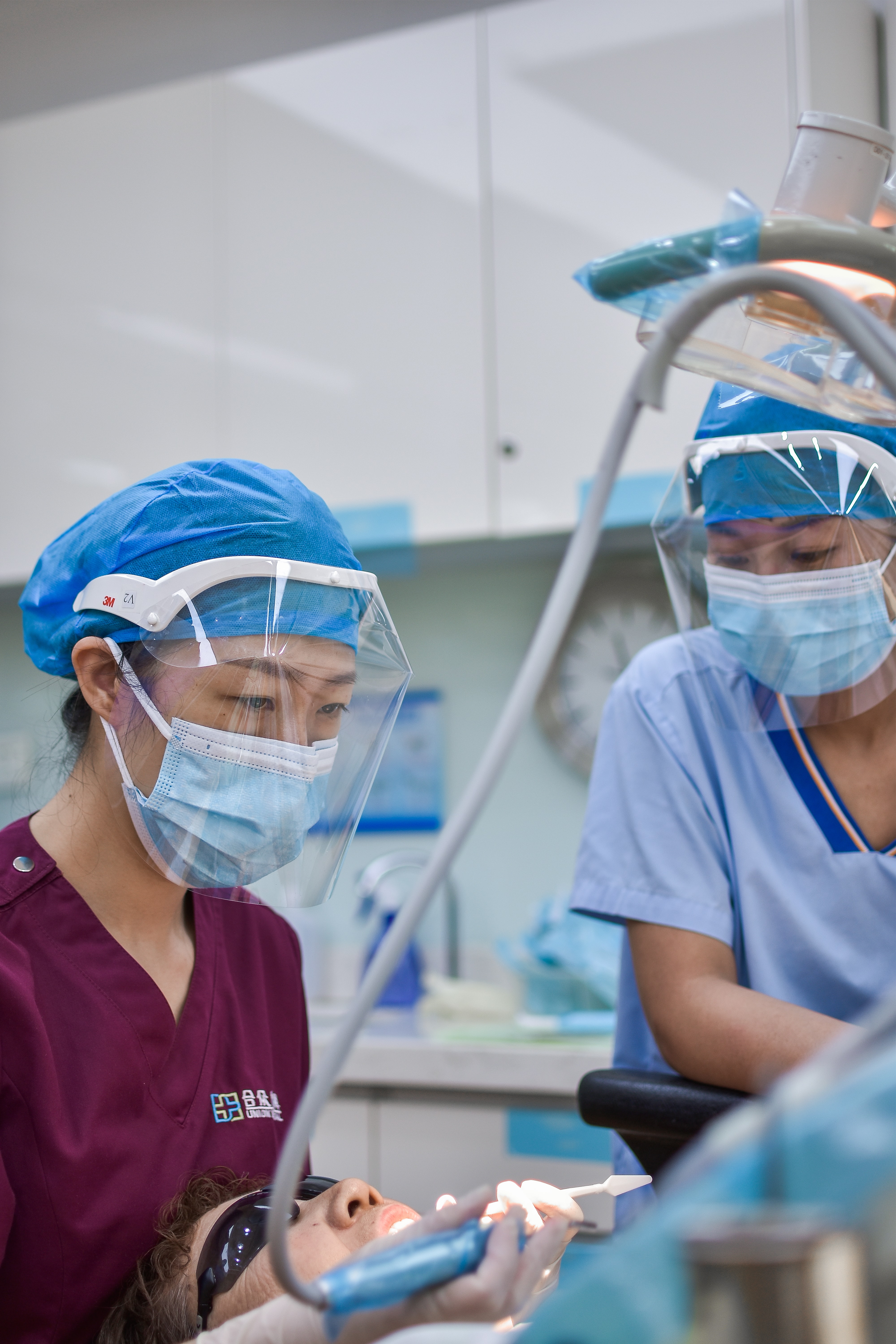
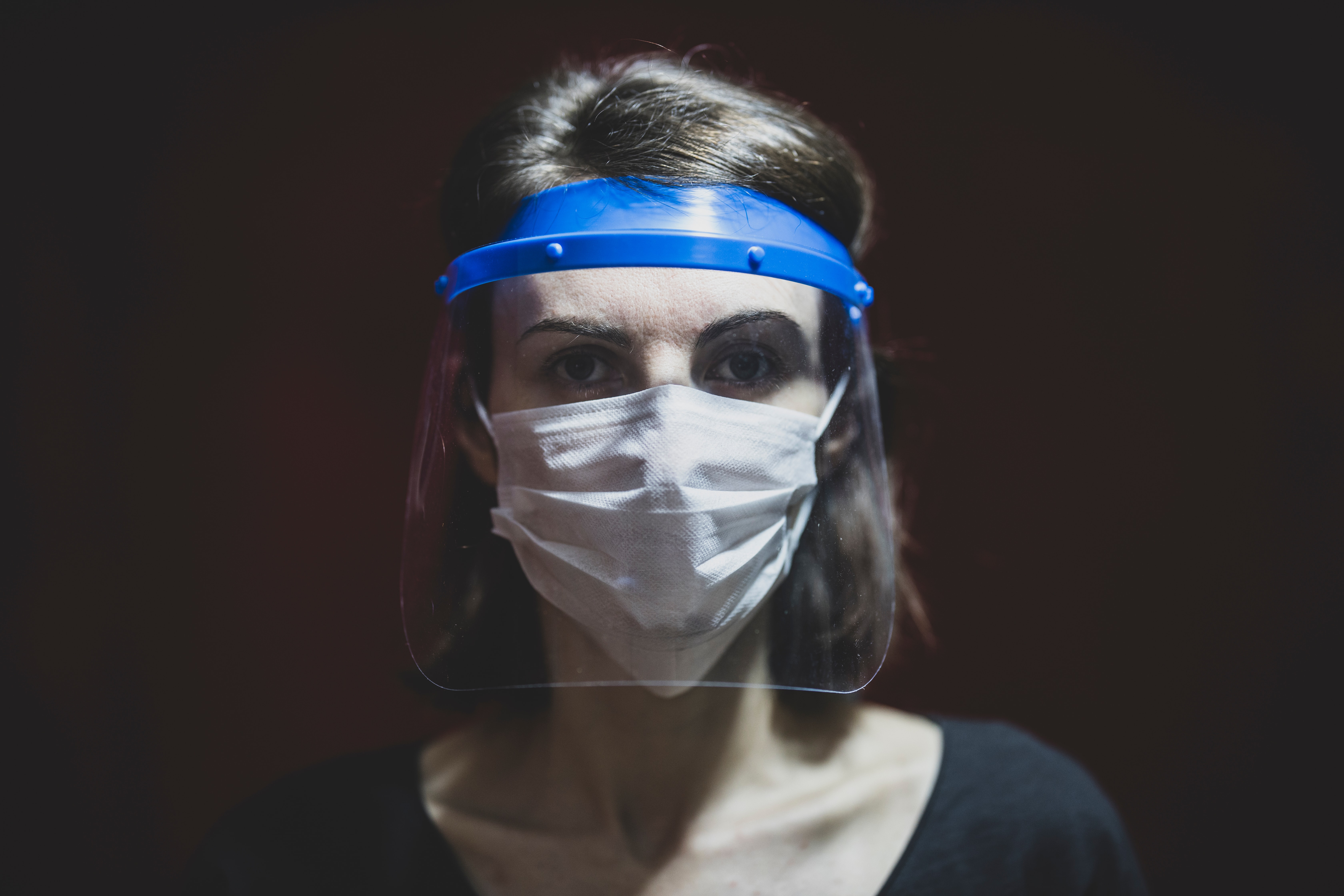
In addition to that, the beauty industry is now joining in, after the lifting of lockdown. Additional plastic gloves, hand sanitisers in plastic bottles, and plastic face shields are in use. On top of that, many beauty products are still being packed in plastic. More plastic protective clothing is in place for the dental industry, the food industry, and the general population.
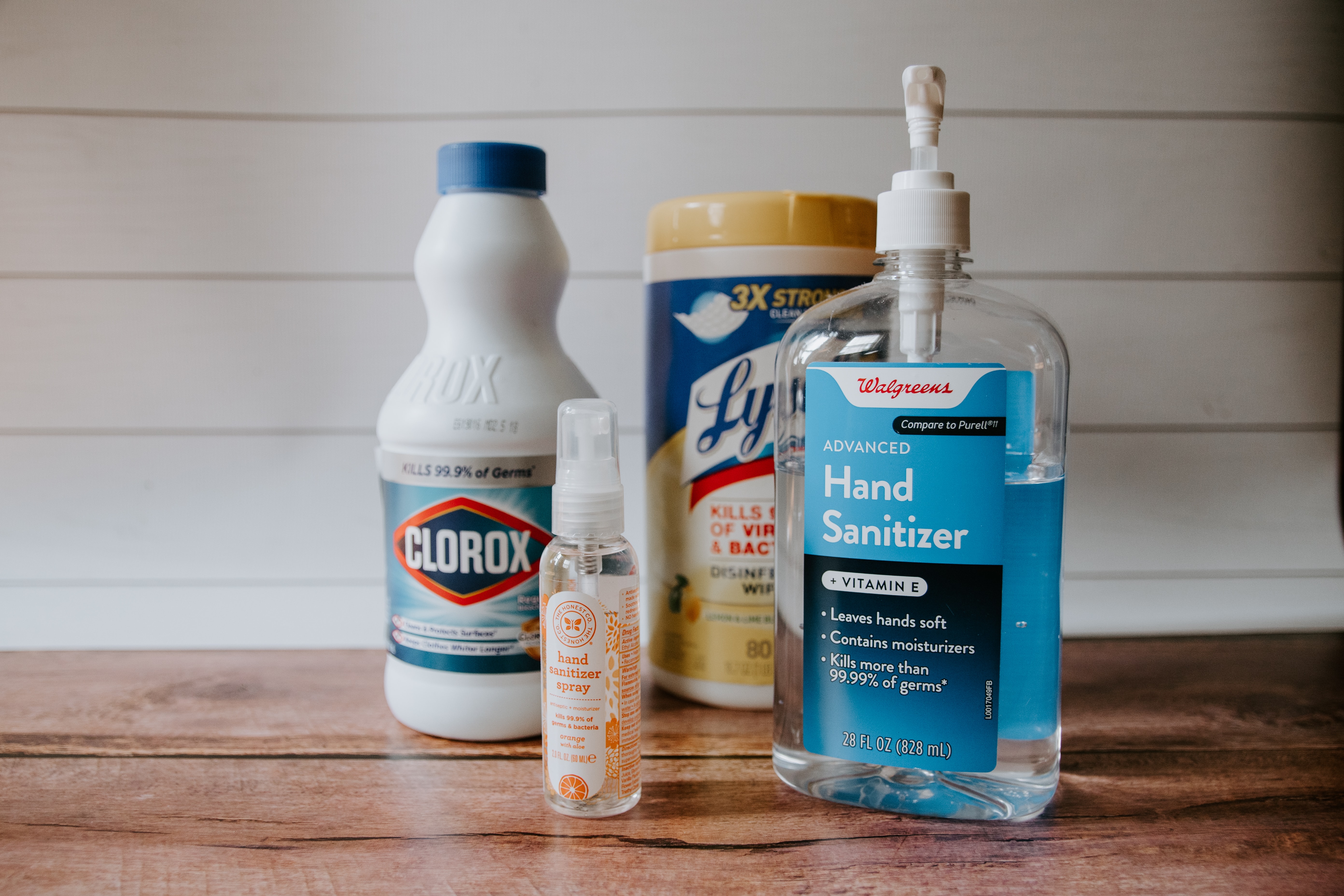
Sanitisers in plastic bottles are now in use on top of many other necessary household items, such as food packaging.
So, how can we go on a ‘plastic-free diet’ while we are surrounded by the demand for, and use of, plastic? Are we again, settling for the easiest and best-known solution from the last few decades, the simple and easy way to manufacture one use plastic? Why don’t we just go on a ‘plastic-free diet’? Is it possible?
For some people going on food diet is a difficult task, however, often there is a good justification and understanding of the reasons.
There is no similar excuse to not stop using plastic for our daily use products: food, beauty, medical supply, household cleaning items, etc. All the medication that we need, all household cleaning products, not to mention the vast amount of face and body care product, are still in non-compostable plastic packaging.
When it comes to the packaging of our everyday food and other daily use products there are plenty of good, practical and plastic-free solution. There are compostable plastic solutions already available on the market so why don’t manufacturers replace the plastic packaging of the products they provide? All it needs is the manufacturers’ initiative and a sense of responsibility. It is in their hands to solve this problem and they have the means to do so. Instead, the responsibility is shifted onto consumers, by urging consumers to keep choosing products in the right packaging. Now that we know the damaging effect of plastic pollution, it is necessary that the change needs to come from the manufacturers of products that consumers use.
According to the Sustainable Packaging Coalition, for packaging to be considered eco-friendly it must meet the following criteria:
- Beneficial, safe and healthy to people throughout its lifecycle
- Fit for purpose in performance and cost
- Consumes only renewable energy
- Made from renewable or recycled source materials
- Uses clean technologies
- Minimizes material and energy waste
- Is part of a circular system of reuse*
Currently we have army of volunteers, people around the United Kingdom, trying to put right other people’s lack of responsibility:
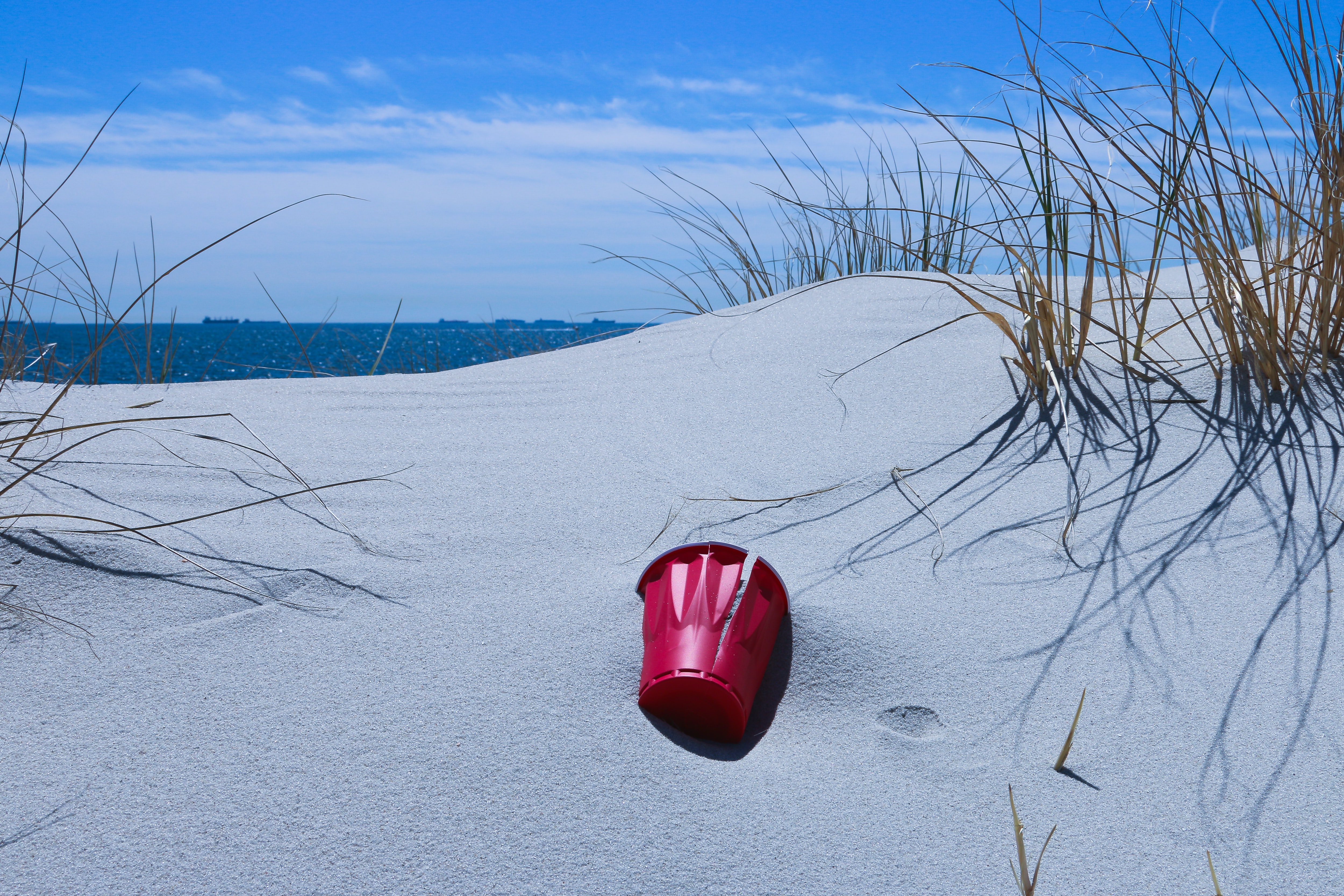
Plastic Petrol, Clean Our Seas, Beach Guardian, Keep Britain Tidy, Turn the Tide Cornwall, Rubbish Walks, Get Waste Ed, The Upset Planet, and many, many more. Plastic is not only unnecessarily used for many products as packaging, but also is being dumped without hesitation by many users. It is so simple to put it in the right bin, or if it is full, taking it home and disposing of it there, or for those who can, taking it to a recycling depot.
For many people it appears that leaving this to their own initiative does not seem to work, as yet. On the contrary, the problem shows that we are not doing very well throwing away rubbish, if there are not enough bins provided.
Manufacturers should realise that this is the time to adopt wonderful inventions that are available and change the packaging they use to be sustainable, compostable, and biodegradable.
Only then we will, the general population, be able to go on a ‘plastic-free diet’.
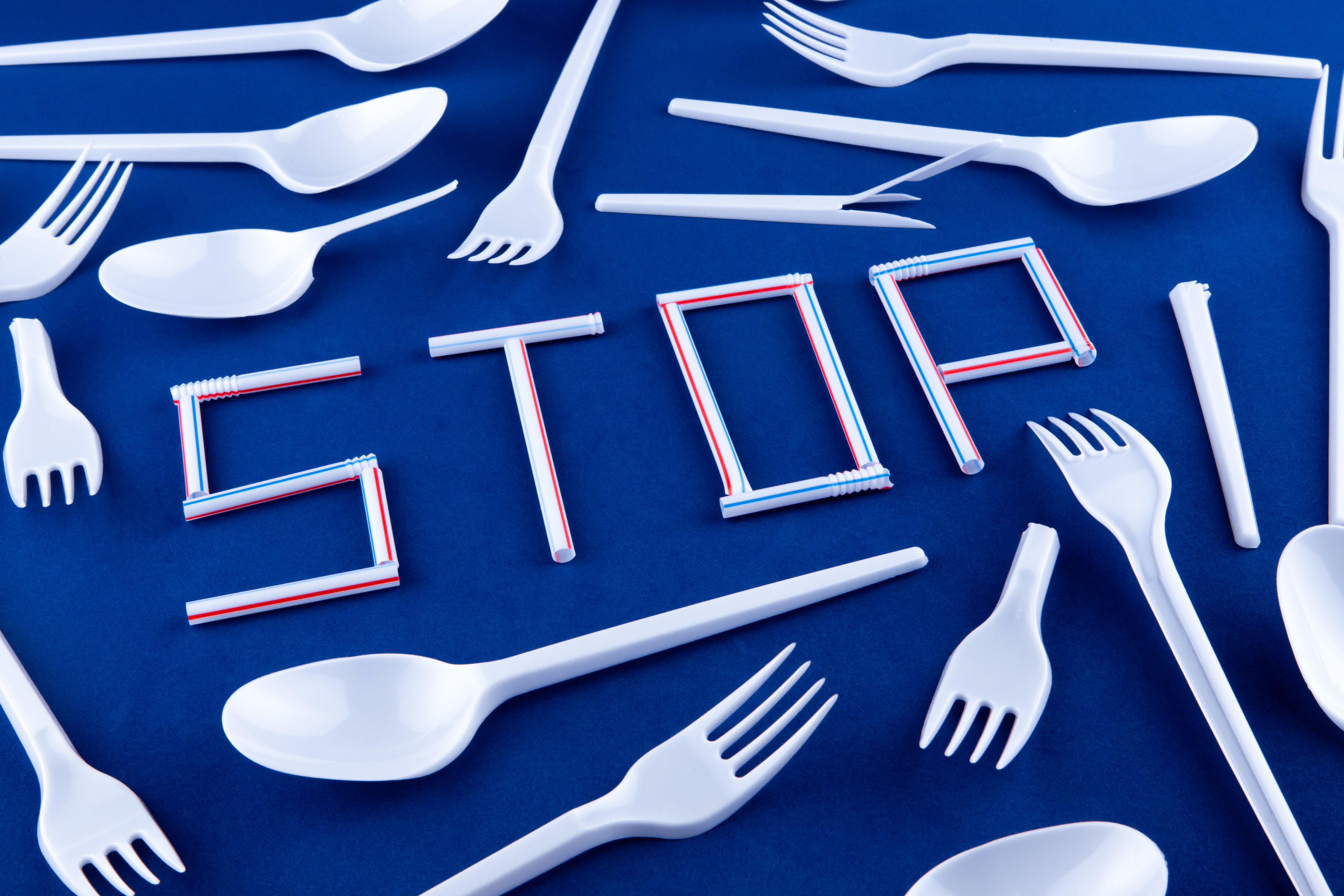
*How to Source Eco Friendly Packaging for Ecommerce by Sally Fox
f

